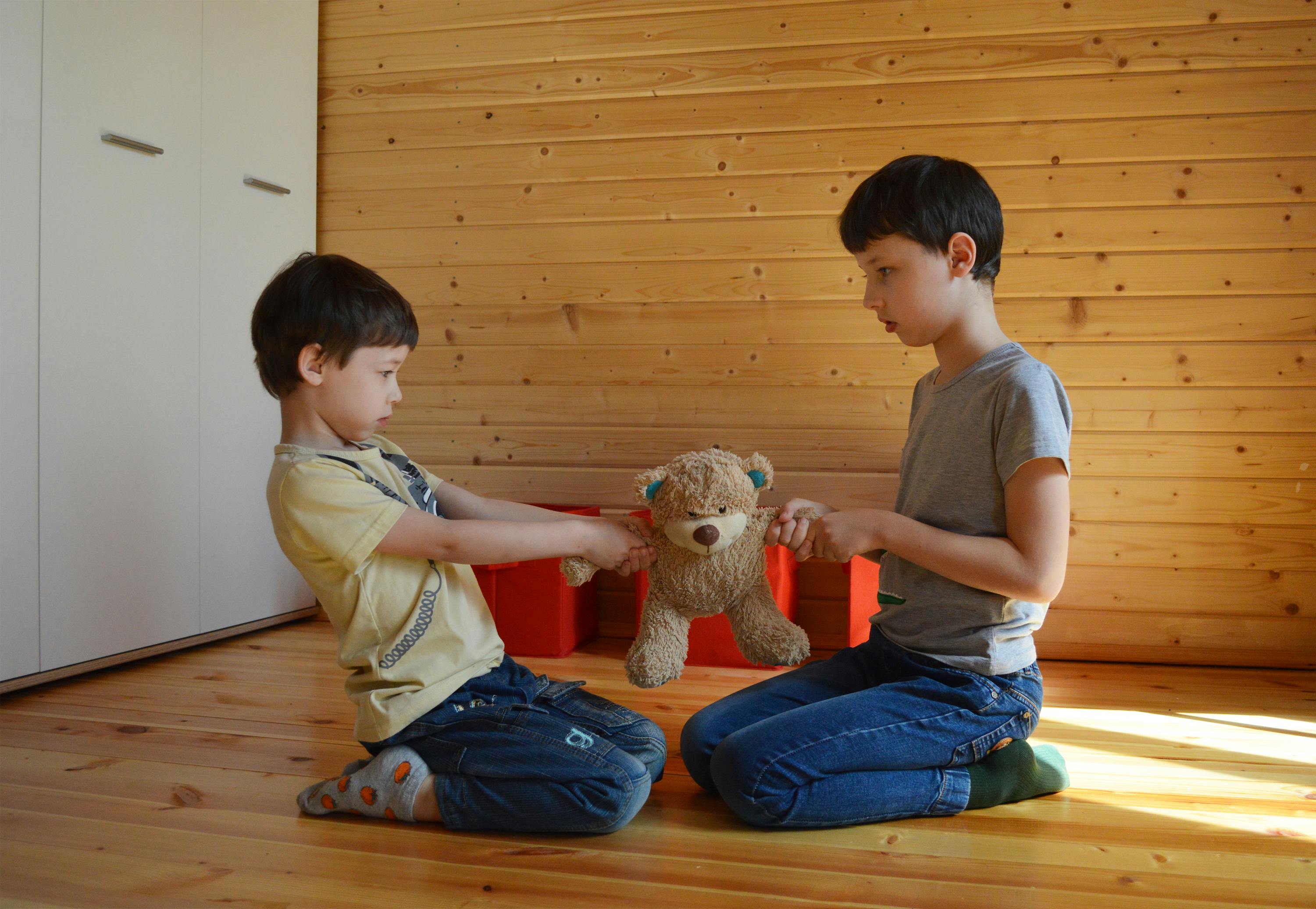Student teaching gives students a hands-on opportunity to try teaching before beginning their career as educators and creates opportunities for people to work not only with students in the school, but also with staff. Educators must know how to act with students, but a student teacher must also learn how to act with fellow teachers, support staff, administrators, and parents.
Here I will reflect on the ideal interpersonal relationships within the school, the problems they hope not to develop, and the strategies for solving problems. The importance of maintaining positive relationships at school should be on the mind of all student teachers. Things may not always go smoothly, but a professional should have some ideas on how to handle difficult situations.
Ideal relationships at school help make every day enjoyable for everyone…teachers, students, support staff, administrators, and parents. Ideal relationships involve the exchange of kind words, good manners, teamwork, and positive attitudes. If such relationships exist in the school setting, staff can work together in a supportive way to solve problems and help each other. The staff would care about others and not just their own well-being. The lines of communication would be maintained. All school personnel would work together for the good of the students and to maintain dedicated and hard-working employees. Students are sure to thrive in such a positive and supportive environment. In addition, parents may be more willing to be involved in their children’s education if they feel welcome and valued. This is a brief example of what are some ideal relationships within the school environment; however, this is not always the reality.
As students teach, problems may arise between the preservice teacher and the administrator, support staff, students, colleagues, co-teacher, and/or faculty advisor. For example, one hopes that the subject of different educational philosophies will not harm a teacher in training; however, a student teacher’s philosophy may be subject to scrutiny, as they do not have the experience that other staff members might have. Another possible topic for discussion is that many teachers are faced with an enormous amount of homework and problems and often need to vent their frustrations.
Unfortunately, this negative energy can cause problems for a student teacher if they participate in these conversations. Communication barriers can be another problem that can develop between support staff, the co-teacher, administrators, and many more. Some people don’t have interpersonal skills, and student teachers need to make sure they don’t prejudge based on their appearance. Also, one always hopes not to run into the staff member who no longer cares, as this can be detrimental to everyone involved. Finally, not establishing effective classroom management techniques early on with students is a problem that can develop and one that teachers should avoid at all costs.
Various strategies can and should be implemented when solving problems. First, when it comes to administrators, support staff, colleagues, cooperating teachers, and faculty advisors, confrontations should not occur while a student teacher is emotional. Also, as stated above, many people will vent their frustrations to others as a way to calm down. This should not happen in the workplace. The student teacher should ask to speak with the person in private. When solving problems, a student teacher should never use her statements. “You made me angry when…” should be “I felt upset when…” Numerous problems arise due to miscommunication. A student teacher must be willing to listen actively and try to see the situation from the other person’s point of view.
When dealing with students, student teachers must first be aware of their cooperating teacher’s expectations and rules. If a collaborating teacher gives permission to actively work on problems with students, a student teacher should maintain the composition. Students can sense when a teacher is frustrated, and this will potentially create an explosive situation. The student teacher should talk to the student in private and try to see the problem from the student’s perspective. The student teacher should not be afraid to discuss the problem with her co-teacher and, when deemed appropriate, the student’s parents and/or school counselor. Many times a new point of view provides a solution. If a student has a child study team, the child study team should be made aware of the problem and, depending on the severity of the problem, the administrator should also be notified.
This article was an attempt to reflect on ideal interpersonal relationships within the school, problems that are expected not to develop, and problem-solving strategies. When dealing with other people, problems will occur. Human beings are inherently different and have different points of view and perspectives. This can and will lead to conflict. Everyone has an opinion about an ideal relationship, but an ideal relationship is different from a real relationship. When working with people, whether adults or children, a student teacher must choose their battles. Not all battles are meant to be fought, and not all battles will be won.
Battles worth fighting for are those that aim to make both sides better for having fought and create a win-win situation. A student teacher must remember that he is not in the classroom just to teach, but to be taught. Future teachers need to see problems as doors to learning and growth and not obstacles to be overcome and overcome.
